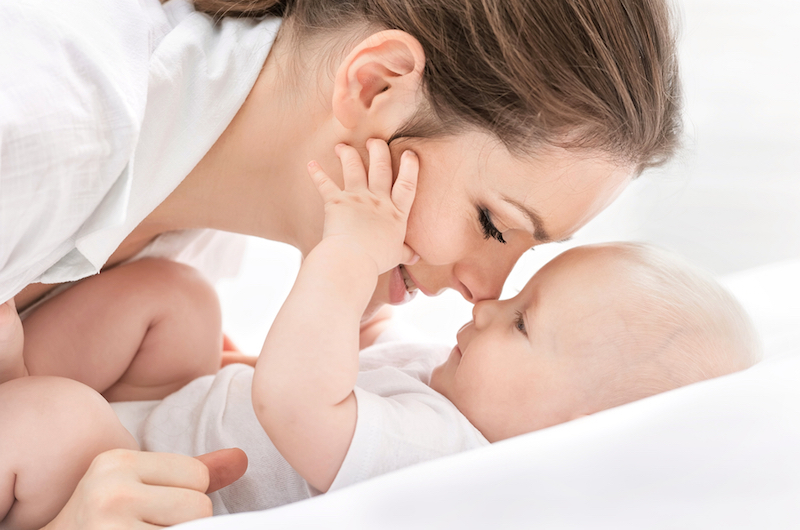Childhood Leukemia Risk Lower in Breast-Fed Children

Children who were breast-fed for at least six months as a baby may have a slightly lower risk of childhood leukemia than those who were not breast-fed, according to a new analysis of previous research.
In a review of 18 studies, researchers found that kids who were breast-fed for six months or longer had a 19 percent lower risk of childhood leukemia, compared with those who had not been breast-fed at all or those who were breast-fed for shorter periods of time.
In a separate analysis of 15 of the studies, the investigators found that children who were breast-fed for any period of time were 11 percent less likely to develop leukemia than those who were never breast-fed.
"Even though childhood leukemia is quite rare, the incidence rate increases each year," said study author Efrat L. Amitay, of the University of Haifa in Israel. However, little is known about what may cause it, she said.
The 18 studies that Amitay included in the review involved a total of more than 10,000 leukemia cases and 17,500 children who did not have leukemia. The studies were published from 1960 to 2014 in peer-reviewed journals.
While childhood leukemia overall is a rare disease, it is still the most common type of childhood cancer, and accounts for almost one in three cancers in children and teens, according to the American Cancer Society. The researchers looked at both acute lymphocytic leukemia (ALL) and acute myeloid leukemia (AML) in children. About 85 percent of children with ALL survive the disease, whereas about 60 to 70 percent of children with AML survive.
The findings add to the body of research conducted over the past 20 years that indicates that "there is a strong association between infant nutrition and leukemia," Amitay said.
Get the world’s most fascinating discoveries delivered straight to your inbox.
"This information can be used by public health authorities to issue nutritional recommendations to health practitioners and parents that may help lower the risk for childhood leukemia," she said. [10 Ways to Promote Kids’ Healthy Eating Habits]
The exact mechanism behind the link between being breast-fed and the lower risk of childhood leukemia is not clear, but the researchers proposed some ideas.
"Breast milk is a live substance," Amitay told Live Science. It contains antibodies made by the mother that promote a healthy community of gut bacteria in the intestines of the infant and influence the development of the child's immune system, she said.
Another possible mechanism that could explain the link is that breast-feeding may keep the pH levels in an infant's stomach in a range that promotes the production of a beneficial protein complex called HAMLET, the researchers said. Previous research in rats has shown that HAMLET may have the ability to kill cancer cells.
Breast milk also contains stem cells that have some properties similar to those of human embryonic stem cells, which may also activate the immune system to fight cancer, they said.
"The many potential preventive health benefits of breast-feeding should also be communicated openly to the general public, not only to mothers, so breast-feeding can be more socially accepted and facilitated," the researchers wrote in the study.
The study was published today (June 1) in the journal JAMA Pediatrics.
Follow Agata Blaszczak-Boxe on Twitter. Follow Live Science @livescience, Facebook & Google+. Originally published on Live Science.


